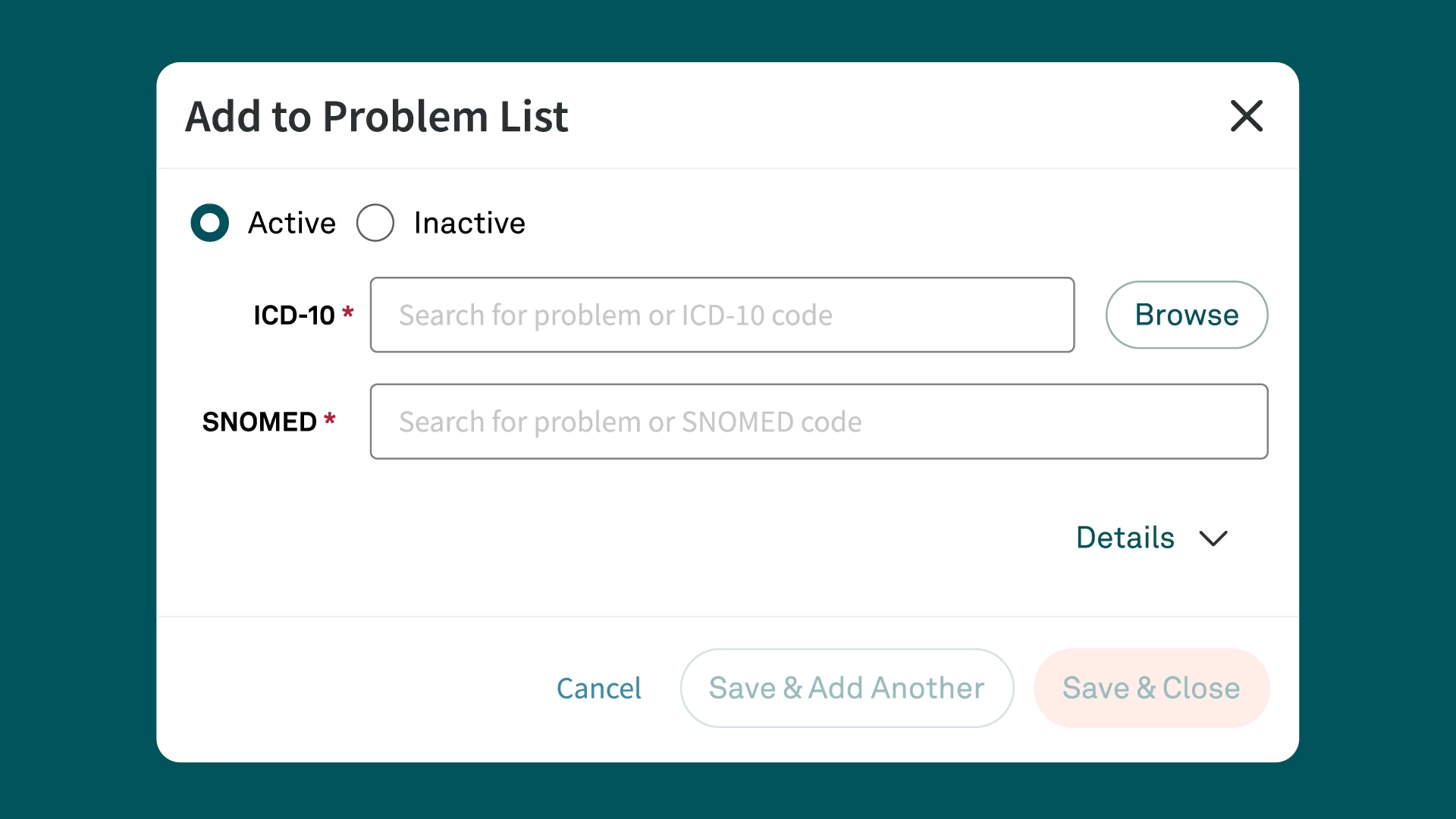ICD-10 Code I48.20
Chronic atrial fibrillation, unspecified
What is the code I48.20?
ICD-10-CM code I48.20 stands for "chronic atrial fibrillation, unspecified." This code is used to classify and record instances where a patient has a chronic form of atrial fibrillation (AFib), but the specific type of chronic AFib is not detailed in the medical documentation.
Detailed description of I48.20
Chronic AFib is a long-term, persistent irregular heart rhythm condition where the upper chambers of the heart (the atria) beat irregularly and out of sync with the lower chambers (the ventricles). The term "unspecified" in I48.20 indicates that the healthcare documentation does not provide details on whether the chronic AFib is paroxysmal, persistent, or permanent. This irregularity can lead to poor blood flow and is associated with an increased risk of stroke, heart failure, and other cardiovascular complications.
Symptoms commonly associated with I48.20
Patients diagnosed with chronic atrial fibrillation may exhibit a variety of symptoms, including:
- Palpitations or rapid heartbeat
- Fatigue or weakness
- Shortness of breath, especially during exertion
- Dizziness or light-headedness
- Chest pain or discomfort
- Reduced ability to exercise
Some patients may be asymptomatic, meaning they do not experience noticeable symptoms, despite having chronic AFib.
Related and similar ICD-10 codes
Several ICD-10 codes are related to I48.20, including:
- I48.0: Paroxysmal atrial fibrillation
- I48.19: Other persistent atrial fibrillation
- I48.11: Longstanding persistent atrial fibrillation
- I48.21: Permanent atrial fibrillation
These codes provide a more specific classification of atrial fibrillation types, which can be crucial for more detailed patient records and tailored treatment plans.
Appropriate usage and guidelines for I48.20
When coding for chronic atrial fibrillation with I48.20, it's important to ensure that the diagnosis is well-documented in the patient's medical records. Use this code when:
- The patient has a confirmed diagnosis of chronic atrial fibrillation
- The specific type of chronic AFib (paroxysmal, persistent, permanent) is not documented
Avoid using I48.20 if the type of chronic AFib is known and documented, as more specific codes (I48.19, I48.21, etc.) should be used in those cases.
Common pitfalls in coding with I48.20
Several pitfalls can occur when coding with I48.20, including:
- Lack of specificity: Using I48.20 when more specific information is available can lead to less accurate patient records and potential issues with insurance claims.
- Incomplete documentation: Ensure that the healthcare provider's notes are thorough and specify the chronic nature of the AFib when applicable.
- Misclassification: Avoid using I48.20 for unspecified AFib episodes.
Key resources for I48.20 coding
For accurate and effective coding of I48.20, consider the following resources:
- ICD-10-CM Official Guidelines for Coding and Reporting: These guidelines provide comprehensive instructions for using ICD-10 codes.
- American Heart Association (AHA): Offers detailed information on atrial fibrillation, including diagnosis and management.
- Centers for Medicare & Medicaid Services (CMS): CMS offers a wealth of resources and updates on coding practices, including webinars, manuals, and bulletins.
- Professional coding organizations: Organizations like the American Health Information Management Association (AHIMA) and the American Academy of Professional Coders (AAPC) offer educational resources, certifications, and support for medical coders.
- Coding reference books and software: Reference materials such as the ICD-10-CM codebook can support medical coders and providers.
These resources provide detailed instructions and updates on coding standards and practices.
Conclusion
ICD-10 code I48.20 is used to classify chronic atrial fibrillation when the specific type is not documented. Understanding its appropriate usage, common pitfalls, and available resources can ensure accurate and effective coding. Proper documentation and specificity are key to maintaining precise medical records and optimizing patient care.
Simplify ICD-10 code documentation with Tebra
Tebra’s EHR+ gives you quick searches and Systematized Nomenclature of Medicine (SNOMED) field names for efficient code documentation. Plus, Tebra automatically saves ICD-10 to SNOMED mapping for future searches, streamlining your workflow.

Discover how Tebra helps providers effortlessly document health-related issues and conditions in this detailed post.
Similar Codes
Stay Ahead with Expert Healthcare & Billing Insights
Get the latest industry updates, financial tips, and expert strategies — delivered straight to your inbox.



